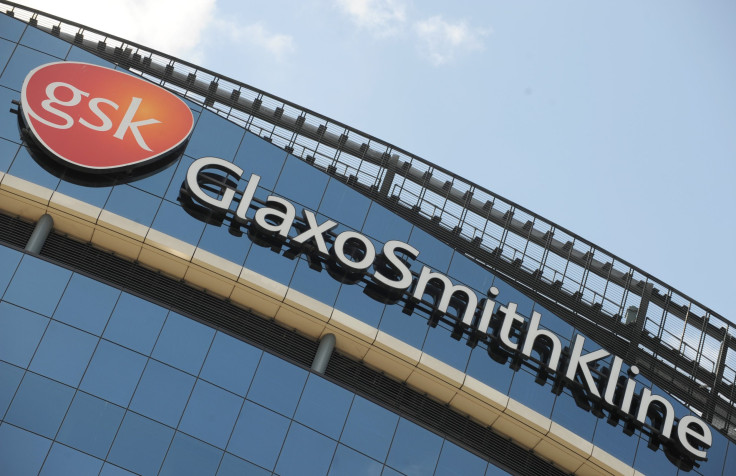GlaxoSmithKline plc (GSK) Launches Company With UNC To Develop 'Shock and Kill' HIV, AIDS Treatment

One of the world's largest drug companies is launching a venture with the University of North Carolina at Chapel Hill (UNC-CH) to find a cure for HIV and AIDS. GlaxoSmithKline is setting up a company with UNC-CH and committing $20 million over five years to commercialize treatments it hopes will emerge from a newly formed joint research team.
The partnership marks the first time a university and a pharmaceutical company have gone into business together. The joint venture, called Qura Therapeutics, will manufacture and commercialize any treatments that the team develops, the drug-maker announced this week. Universities and drug companies often collaborate through research and licensing agreements, but GSK and UNC will split all of Qura's future profits, Zhi Hong, head of GSK’s research and development Infectious Diseases Center, told BuzzFeed.
“This first of its kind, joint-ownership model is a novel approach toward finding a cure, and we hope it serves as an invitation to the world’s best researchers and scientists,” Carol L. Folt, chancellor of UNC-CH, said in a statement. The partners said they will focus their efforts on a “shock and kill” approach to HIV that targets the final strains of the virus that linger in a patient’s immune system long after other drugs have been administered. UNC researchers recently received FDA approval to test a treatment based on this approach.
Both UNC and GSK have a long history of working on treatments for HIV and AIDS; a company that was acquired by GSK developed the first approved treatment for HIV back in the 1980s. Since 2009, GSK has worked with Pfizer through ViiV Healthcare, which is a drug development unit exclusively dedicated to the virus. GSK had hinted that it would pursue an initial public offering for ViiV as the majority owner, but the company reversed that decision earlier this year after reevaluating the group’s potential for growth, the Financial Times reported.
© Copyright IBTimes 2024. All rights reserved.





















